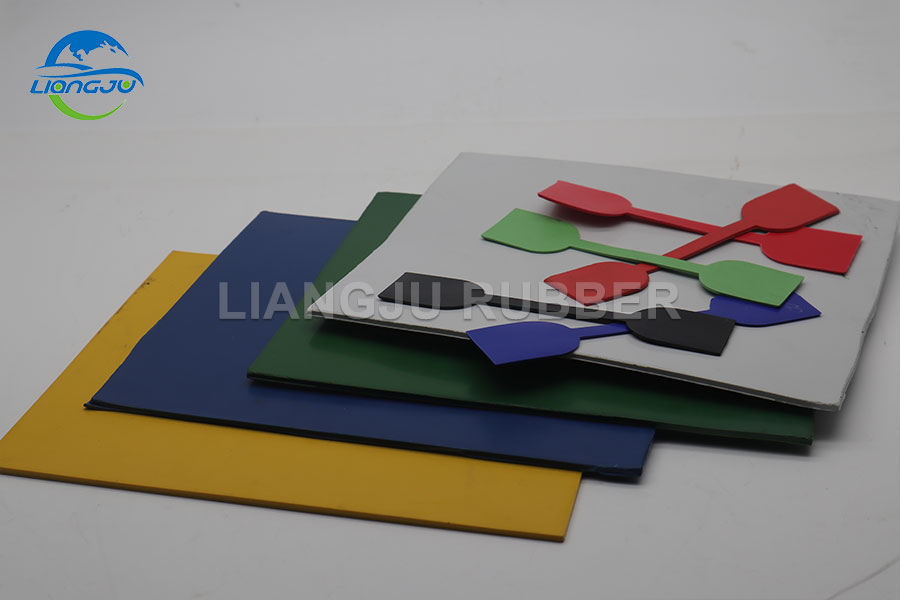The composition of Rubber Compound
2025-05-23
Here’s an overview of the composition of a rubber compound:
Rubber Compound Composition
A rubber compound is a mixture of natural or synthetic rubber with various additives and chemicals that give the final product desired properties such as strength, elasticity, durability, and resistance to heat, chemicals, or aging.
Main Components of Rubber Compound:
Base Rubber
Natural rubber (NR) or synthetic rubber like:
Styrene-Butadiene Rubber (SBR)
Nitrile Butadiene Rubber (NBR)
Ethylene Propylene Diene Monomer (EPDM)
Chloroprene Rubber (CR), etc.
It forms the primary elastic matrix.
Fillers
Improve mechanical properties and reduce cost.
Common fillers:
Carbon black (reinforces strength and abrasion resistance)
Silica
Clay
Calcium carbonate
Plasticizers / Oils
Enhance processability and flexibility.
Examples: aromatic oils, paraffinic oils.

Curing Agents / Vulcanizing Agents
Enable cross-linking (vulcanization) to improve elasticity and strength.
Most common: sulfur.
Alternatives: peroxide curing agents.
Accelerators
Speed up the vulcanization process.
Examples: MBTS, CBS, TMTD.
Activators
Help accelerators and sulfur work effectively.
Examples: zinc oxide, stearic acid.
Antioxidants and Antiozonants
Protect rubber from degradation due to oxygen, ozone, and heat.
Examples: PPD (para-phenylenediamine), waxes.
Processing Aids
Improve mixing and processing.
Examples: fatty acids, waxes.
Other Additives
Depending on application, might include pigments, flame retardants, anti-slip agents, etc.
If you are interested in our products or have any questions, please feel free to contact us and we will reply you within 24 hours.